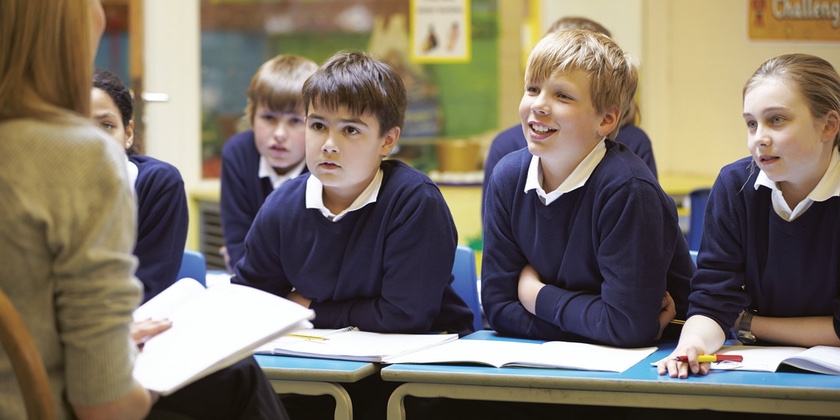UKHSA issues health advice following half-term to curb winter illnesses

As children across the UK return to school after the half-term break, the UK Health Security Agency (UKHSA) is urging parents to adopt simple measures to reduce the spread of common winter illnesses.
With cases of flu and norovirus rising rapidly, the agency stresses the importance of good hygiene and timely vaccinations to ensure children stay healthy through the colder months.
In recent weeks, norovirus activity has been more than double the average level for this time of year, and cases of flu have been steadily increasing.
The UKHSA encourages parents to instill good hygiene habits in their children, including regular handwashing and covering coughs and sneezes.
Dr Richard Pebody, Director of Clinical and Emerging Infections at UKHSA, explained: “Staying healthy and taking simple steps to reduce the spread of illness will ensure children and their families experience less disruption at this important time of year.”
Parents are advised to encourage thorough handwashing with soap and warm water, especially after using the toilet and before meals, as an effective way to stop the spread of germs.
Using tissues to catch coughs and sneezes and disposing of them immediately is another key preventive step.
When to Keep Children Home
UKHSA’s guidance advises that children with mild symptoms, such as a runny nose or sore throat, should attend school unless they develop a fever or experience vomiting or diarrhoea.
For these more severe symptoms, children should remain home until they are symptom-free for at least 48 hours to reduce the risk of spreading illness to others.
“Stomach bugs spread easily in schools and nurseries,” the UKHSA reminds parents, urging them to avoid food preparation during illness and to disinfect surfaces with bleach-based products to curb infection.
Families with unwell members are also advised to avoid visiting hospitals or care homes to protect vulnerable individuals.
Vaccination Efforts for Flu and Measles
Vaccination is another priority as winter illnesses rise, with flu vaccines available for primary school children, secondary school pupils from Years 7 to 11, and children aged two and three.
Vaccinating children not only protects them but also helps shield older family members from seasonal viruses.
The UKHSA is also highlighting the importance of keeping children up-to-date with routine vaccinations against diseases such as measles, mumps, and rubella, as the agency continues to see cases of these preventable illnesses.
Spotted something? Got a story? Email: [email protected]
Latest News
